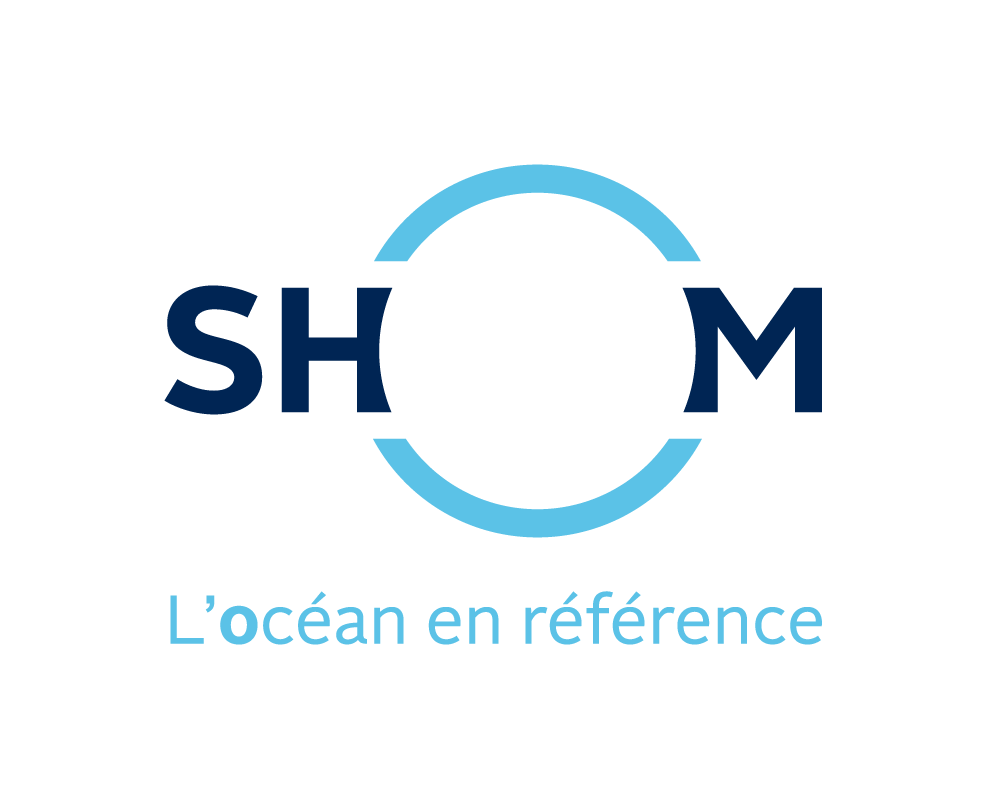ecology
Type of resources
Topics
INSPIRE themes
Keywords
Contact for the resource
Provided by
Years
Formats
Representation types
Update frequencies
Scale
Resolution
-
The approach employs a detailed desk study using digital data within a geographic information system (GIS) to identify Integrates Habitat Networks (IHNs). The spatial position and extent of functional integrated habitat networks were determined through a landscape ecology model from the BEETLE (Biological and Environmental Evaluation Tools for Landscape Ecology) suite of tools. The BEETLE least-cost focal species approach negates the need to carry out a vast number of individual species analyses. The selection of the habitats to be modelled, and the species used to inform the analysis, were identified through a series of expert stakeholder workshops. The outputs can support the planning process, help prioritise conservation effort, prevent further fragmentation of biodiversity and aid connectivity of semi natural habitats. BEETLE model analysis has been well referenced (Watts et al., 2005) and used in a variety of projects such as developing forest habitat networks across Scotland. The application of IHNs is the first time that the multiple habitat network approach has been used to solicit planning and development programmes in key areas.
-

Together with the Ecotron de Montpellier, the Ecotron IleDeFrance is part of the distributed “Infrastructure de Recherche” (IR) managed and supported by CNRS and Ecole normale supérieure since 2010. Ecotrons enable highly controlled manipulation and measurement of terrestrial and aquatic organisms, communities and ecosystems with unprecedented power and quality. On a technological side, an Ecotron is defined as a device allowing the precise conditioning of the environment and the detailed monitoring of states and activities of organisms and ecosystems. Ecotrons allow studying a range of small to medium sized biological systems from relatively complex ecosystems (e.g., intact samples of grasslands) to model plant and animal species up to reconstructed ecosystems (e.g., artificial life support models). Ecotrons can thus be used to confine ecosystems from in natura sites and therefore conduct detailed, controlled experiments on natural ecosystems. The Ecotron IleDeFrance is based on technologies implemented in the Ecolab equipment and developed primarily in collaboration with the French private company Cesbron. The Ecolab is a modular structure coupling together three environmental chambers and one laboratory room. Each environmental chamber can be independently controlled accurately for realistic climate and atmospheric conditions (temperature, humidity, CO2 and O2 content, lighting) with unprecedented power and accuracy. A stainless steel lysimeter with temperature-control on three independent levels makes it possible to incubate both terrestrial and aquatic systems and simulate thermal gradients. Artificial light can be provided with several technologies to adapt to the needs and constraints of each project. The Ecotron IleDeFrance combines several Ecolabs into a network making it possible to run powerful, replicated experiments.
-

An experimental research infrastructure dedicated to the study of ecosystems, organisms and biodiversity in the context of environmental changes. The Ecotron is a laboratory of the Institute of Ecology and Environment (CNRS) open to national and international scientists’ consortia in the fields of ecology, population and community biology and agronomy. The Ecotron allows a precise conditioning of the environment and on line measurements of states and activities (fluxes) of organisms and ecosystems at various scales. This facility bridges the gap between the complexity of in natura studies and the simplicity of laboratory experiments. The research topics to be addressed in the Ecotron include fundamental questions about biogeochemical cycles and the role of biodiversity in ecosystem processes, but tests of ecological theories as well as the applied aspects of optimizing ecosystem services are also desirable projects. http://www.ecotron.cnrs.fr/index.php/en/
 Metadata catalogue
Metadata catalogue